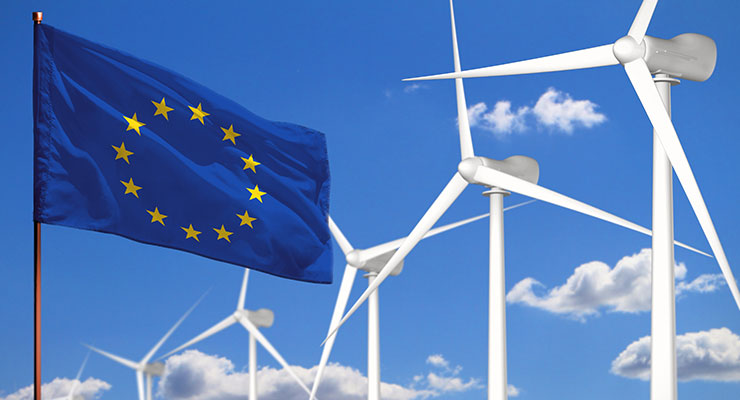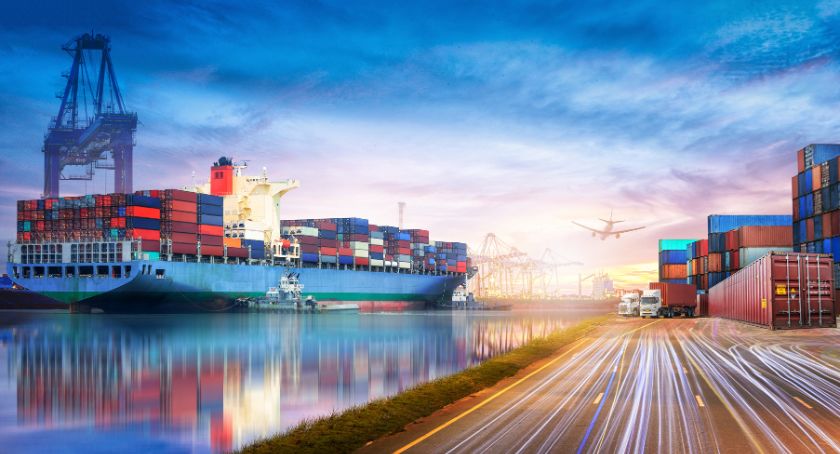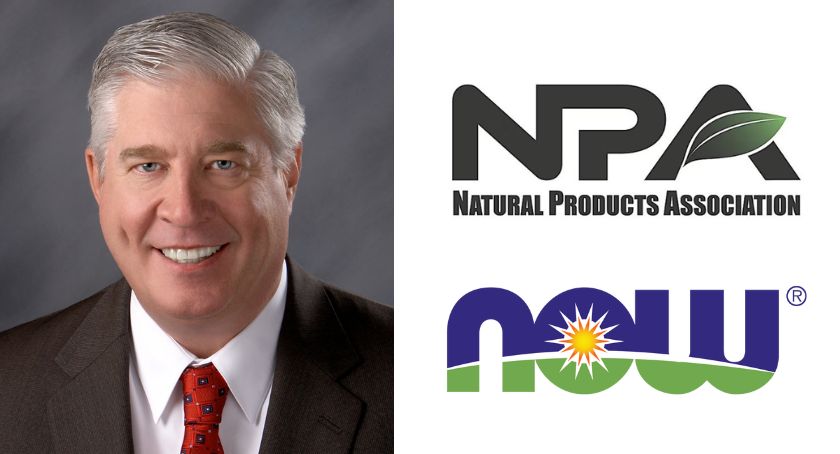Features
How Will the European Green Deal Impact Dietary Supplements?
Sustainability standards will change the business equation for food and supplement companies.

By: Mike Montemarano

The European Commission, the executive arm of the EU, adopted a set of sustainability proposals in its “European Green Deal,” including net-zero greenhouse gas emissions by 2050, reduction of resource use, and fair trade policies. For dietary supplements in Europe, the ramifications on energy use, supply chains, agriculture, packaging, product claims, ingredients, and labor are vast.
Dr. Luca Bucchini, vice chair of the European Specialist Sports Nutrition Alliance (ESSNA) and managing director of Hylobates Consulting, discussed the impacts of the EU directive while at Vitafoods Europe in Geneva this past May.
“As a consulting company, we look at regulatory compliance at a very technical level. We began taking interest in green claims some time ago when customers started asking us about what kinds of claims they could use. We began to follow it more closely shortly before the European Commission’s Green Deal, a totally unprecedented effort,” Bucchini said. “This includes many food-related aspects, but also other aspects related to packaging, waste prevention,
and energy.”
The Green Deal aims to achieve carbon neutrality by 2050, with a nearer-term goal of reducing carbon emissions by 55% compared to 1990 levels by the year 2030, Bucchini noted. “The decarbonization of the economy will have an impact on energy prices that cascades to all of us.”
In terms of agriculture, “we will have to look at food security, but more importantly for the supplements industry, efforts to reduce the footprint of the EU food system, and create competitive sustainability from farm to fork,” he added.
Suppliers outside of Europe will need to comply with the new standards as well. “The question is how supplements fit into these broader agendas, especially when it comes to the fisheries sector for supplements like omega-3s.”
Further, this agenda will likely have nutrition-specific stipulations, including important changes to the types of claims allowed on packaging. For example, the agenda seeks to reduce the promotion of foods high in salt, and these products might become excluded from previous health claims they carried.
“Supplements will be exempt from this if they are non-caloric; however, protein bars, beverages, and other delivery formats might not be able to carry certain health claims anymore,” Bucchini said. “Additionally, there may be mandatory front-of-pack labeling changes, and the expectation that bars, beverages, and other non-conventional supplements won’t be affected at all is probably naïve.”
Consumer Voice
EU consumers largely agree with the obligations being placed on the private sector, according to Bucchini. While 66% of consumers told Hylobates Consulting they are already separating waste, they mostly hold corporations and companies to the task of doing most of the work.“Thirty-one percent of consumers say that the best way [to handle environmental issues] is to change production and trade, and that they don’t feel like they have to do anything. Consumers expect large companies to do most of the work; 80% say that companies are not doing enough, while only 72% say the same of their national governments, and 69% say the same for the EU.”
Packaging will be Imperative
The EU-wide standards, naturally, apply to “sustainable” packaging. Bucchini said. “The EU doesn’t clearly define what they consider to be sustainable packaging, and so this is an area where the industry could help to pinpoint some problems.”Packaging needs to have certain properties to protect goods, “so we’re dealing with a precise, technical challenge, more challenging than even dairy products.”
Another issue is the cost of using renewable energy to produce sustainable packaging. “Some companies are trying closed-loop cycles in which they take back packaging from consumers to reuse it, which is having varied rates of success.”
A potential concern brought about by the EU directive is the inability to recycle black plastic, which often can’t be sorted in processing facilities, ending up in landfills.
“Maybe you decide that it’s important for you to use black plastic and go for it despite this, but it is important to understand that claiming the packaging is recyclable is untrue and you could be accused of misleading consumers,” Bucchini said.
At this point, there is no clear guidance from the European Commission when it comes to “compostable” packaging, according to Bucchini. However, it could be worth referencing the ISO (International Organization for Standardization) definition for now, he said.
Essentially, “compostable” materials biologically degrade and can be used in soil to grow plants. “As far as options go, it’s important to keep in mind regulatory requirements and provide fair information,” Bucchini said. “You might like to tell consumers that packaging is compostable, but must be aware of the rules regarding claims, as not all compostable materials can be composted domestically.”
Greenwashing in the Crosshairs
The European Commission is poised to remove certain types of “green” claims from the market, namely those that are vague or have unclear references to a product’s environmental impact.“Generic claims like ‘climate friendly’ will likely be banned. Claiming that something is biodegradable in a place which doesn’t differentiate biowaste will likely be considered an untrue claim. Regulators will also likely target claims made about a brand which are based on a small line of products, or a claim about a product based on a small constituent or minor ingredient,” Bucchini said.
The EU is concerned that validated green claims are on an unlevel playing field if competitors can make generic claims without backing them up, Bucchini said. Companies will also likely be barred from making voluntary sustainability claims that are not backed by third-party verification for products sold in Europe, including self-made logos or quality marks on a label made to imply sustainability.
Key Takeaways
Oftentimes today, sustainability isn’t considered during the initial R&D phase of products, but that process will change by necessity, Bucchini said. Sustainability is expected to become a priority on the same initial level as cost, availability of ingredients, performance, and legal compliance.“It’s important to be ambitious in exploring new technological options and challenges, and ask suppliers what new green claims might be available, as well as assess their documentation proving green compliance before introducing a product to the market.
“I think we will be forced by regulation, if nothing else, to fit into the Green Deal’s framework,” he continued, “and we need to prepare and take advantage of what is going to happen in this area when it comes to consumer demand.”
Even for companies outside of the EU, those selling products in Europe will be required to provide more information on every supply chain partner, and may incur levies or fees in order to sell products in the EU if they are based abroad. According to Bucchini, the EU might push to consolidate supply chains within Europe to protect resources, presenting another challenge for global companies.
Mike Montemarano has been the Associate Editor of Nutraceuticals World since February 2020. He can be reached at MMontemarano@RodmanMedia.com.




















